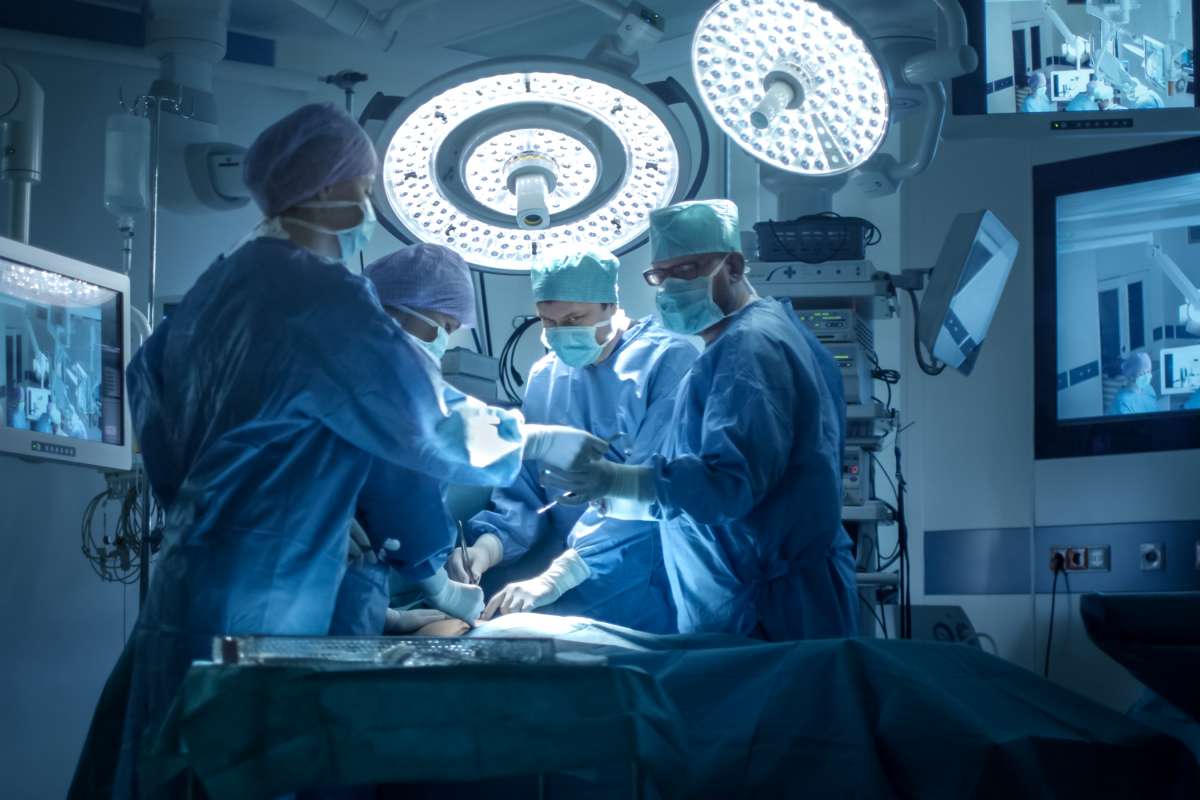Anorectal Abscesses and Fistulas
An anal abscess is a fluid-filled cavity usually caused by an infection of the anal glands. These glands can become infected if they are clogged with fecal matter or any type of foreign substance. Some people with anal abscesses – approximately 50 percent – will also develop an anal fistula, which is characterized by a tunnel within the skin connecting the clogged glands to the abscess.

